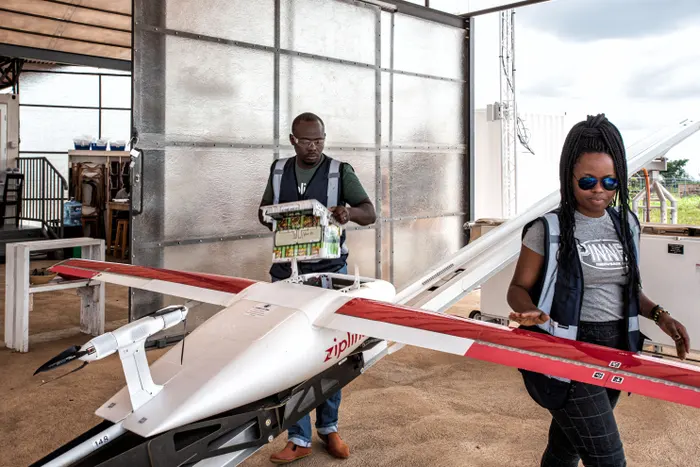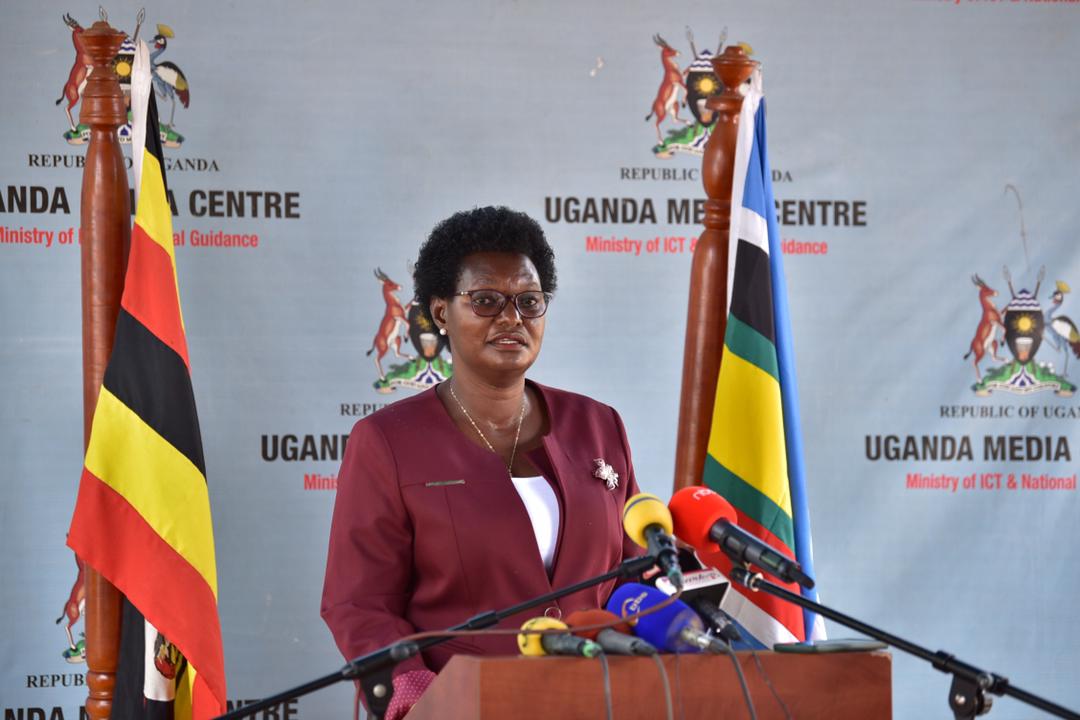The Uganda Wildlife Authority (UWA) has deployed unmanned aerial vehicles (UAVs), commonly known as drones. These drones are now actively monitoring parks like Queen Elizabeth National Park, aiming to identify any potential threats attempting to infiltrate these natural sanctuaries.
The decision to implement drones in park surveillance follows a recent incident in which two foreign tourists and their driver were ambushed and fatally shot inside a national park. UWA spokesperson Bashir Hangi disclosed this development after a comprehensive two-day assessment of Queen Elizabeth National Park.
Despite this security incident, tourism activities within the park have continued, thanks to the reinforcement of security measures. Hangi explained that the drones’ primary function is to detect intruders, enabling their swift apprehension and subsequent legal prosecution.
“The cameras stationed in the parks have proven effective in identifying unauthorized entries, leading to arrests and legal actions,” Hangi stated. He further emphasized the advantages of drone technology in monitoring the park, including the detection of illegal activities and the ability to respond promptly to emergencies, such as wildfires.
However, Hangi also noted that the number of drones currently in use is limited due to budget constraints. Nevertheless, there are plans to expand the fleet of drones to enhance efficiency and effectiveness.
The drones employed by UWA possess a remarkable range, covering a 15-kilometer area of the park per flight, and operate for 10 hours each day. A dedicated team conducts regular patrols throughout the park, and their efforts have yielded significant results, with multiple individuals engaging in illegal entry and activities being identified and apprehended.
In addition to drone usage, various other security measures have been implemented. These measures include thorough combing of the park by Uganda People’s Defence Forces (UPDF) soldiers, joint patrols involving the Police, UWA, and UPDF, military intelligence, and reinforced border control.
These initiatives have had a positive impact on daily park activities, with a consistent influx of tourists visiting Queen Elizabeth National Park. Pontious Ezuma, the chief warden of the park, reported a notable increase in tourist numbers, with a substantial portion coming from foreign countries.
One tourist, Csilla Saxer from the Netherlands, shared her confidence in the safety measures implemented. She praised the presence of UPDF soldiers throughout the park, which contributed to her successful research expedition.
Moreover, Resident District Commissioners (RDCs) from the surrounding districts expressed confidence in the park’s restored security. Kasese RDC Joe Walusimbi assured visitors that the security situation had returned to normalcy and encouraged those with bookings to visit the park.
Rubirizi RDC Bron Kikanshemeza called on social media users to avoid exaggerating incidents, which can unnecessarily spread fear and misinformation about the park’s safety.




















